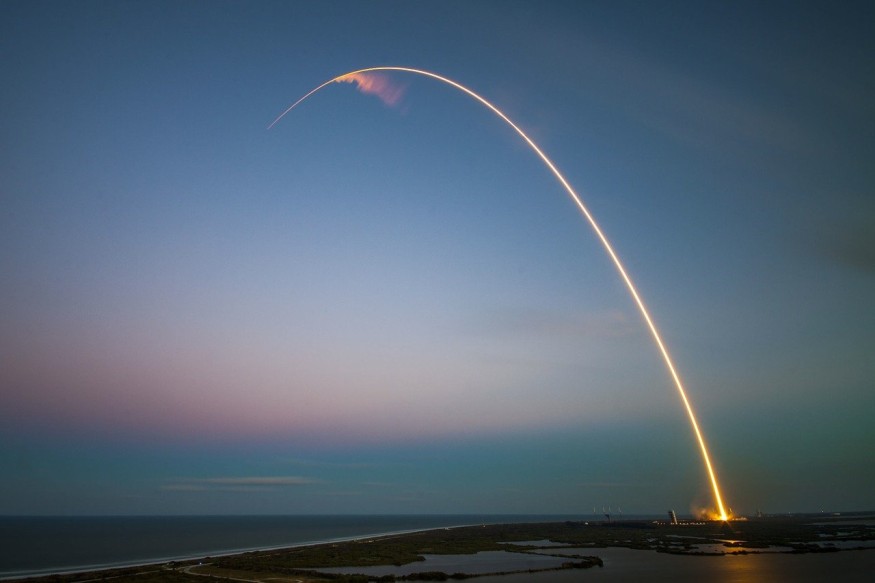SpaceX is expected to bring the next series of Starlink satellites to space on Thursday, January 21, for its first official flight in 2021.
The flight, which is the 17th overall flight of Starlink, will position 60 satellites in low-Earth orbit (LEO) and extend the ambitious internet-beaming network of Elon Musk.

As the launch has already been postponed thrice, SpaceX fans are, however, increasingly impatient.
Originally for January 14, the SpaceX mission was penciled in but was scrubbed and moved ahead by four days.
A new launch window was set for Monday, January 18, but the plans were scuppered by inclement weather in the Falcon 9's recovery area.
On Tuesday, SpaceX also flushed the next back-up period to allow more time to SpaceX for pre-flight checks and scheduling.
CNET reported that SpaceX's estimation of the satellites boarding the Falcon 9 is remarkable since a single satellite will weigh more than a million kilograms on its own, for both SpaceX and the rocket ship.
What SpaceX Falcon 9 Should Bring to Space
SpaceX is known to conduct huge feats and tasks, but this unique launch will be one-of-a-kind and perhaps the beginning of something fresh for the business.
SpaceX was recently charged with launching a range of internet satellites from Starlink (a handful of 60 at a time), along with collaborations from NASA and other foreign space agencies.
According to Teslarati, Elon Musk's SpaceX would also launch the first designated Smallsat Rideshare Program. This is the second East Coast polar launch to date in half a century and the first-ever Starlink polar launch.
Starship prototype SN9, meanwhile, while much less certain, is planning for a fifth static fire attempt that might immediately follow a high-altitude launch mission by only a day or two if all goes well.
The Starlink payload would travel from Launchpad 39A at the NASA Kennedy Space Centre in Florida onboard its iconic Falcon 9 launcher.
Seven years, including four Starlink flights and SpaceX's first Crew Dragon capsule demo flight in March 2019, the recycled booster stage used for tomorrow's launch has already been to space.
If the launch continues, the Falcon 9 will represent a historic eighth flight - more than every other rocket in SpaceX's fleet.
Thanks to the imminent arrival of Starship Serial Number 9 (SN9), SpaceX fans were on the edge of their seats all month long.
SN9 is the latest version of the prototype inter-planetary launch vehicle due to being deployed for the first suborbital flight.
The spacecraft would debut more than just a month after its previous version, the SN8, failed to land at the Boca Chica facility of SpaceX in South Texas and exploded into a ball of fire.
How to Watch SpaceX Falcon 9 Launch Live on Thursday
SpaceX expects to begin its Starlink 16 mission on Thursday, January 21. At present, the start is scheduled for 6:24 a.m. PT (9:24 a.m. ET), and the new outlook reveals an 80 percent probability of decent raise and landing conditions. The whole project will be live-streamed by SpaceX as usual on its YouTube channel.
For Thursday, the Falcon 9 launch is facing no complications or challenges; as environmental conditions forecast, it will be accepted with an 80% likelihood of strong weather complementing the launch timetable.
Check out more news and information on SpaceX on Science Times.












